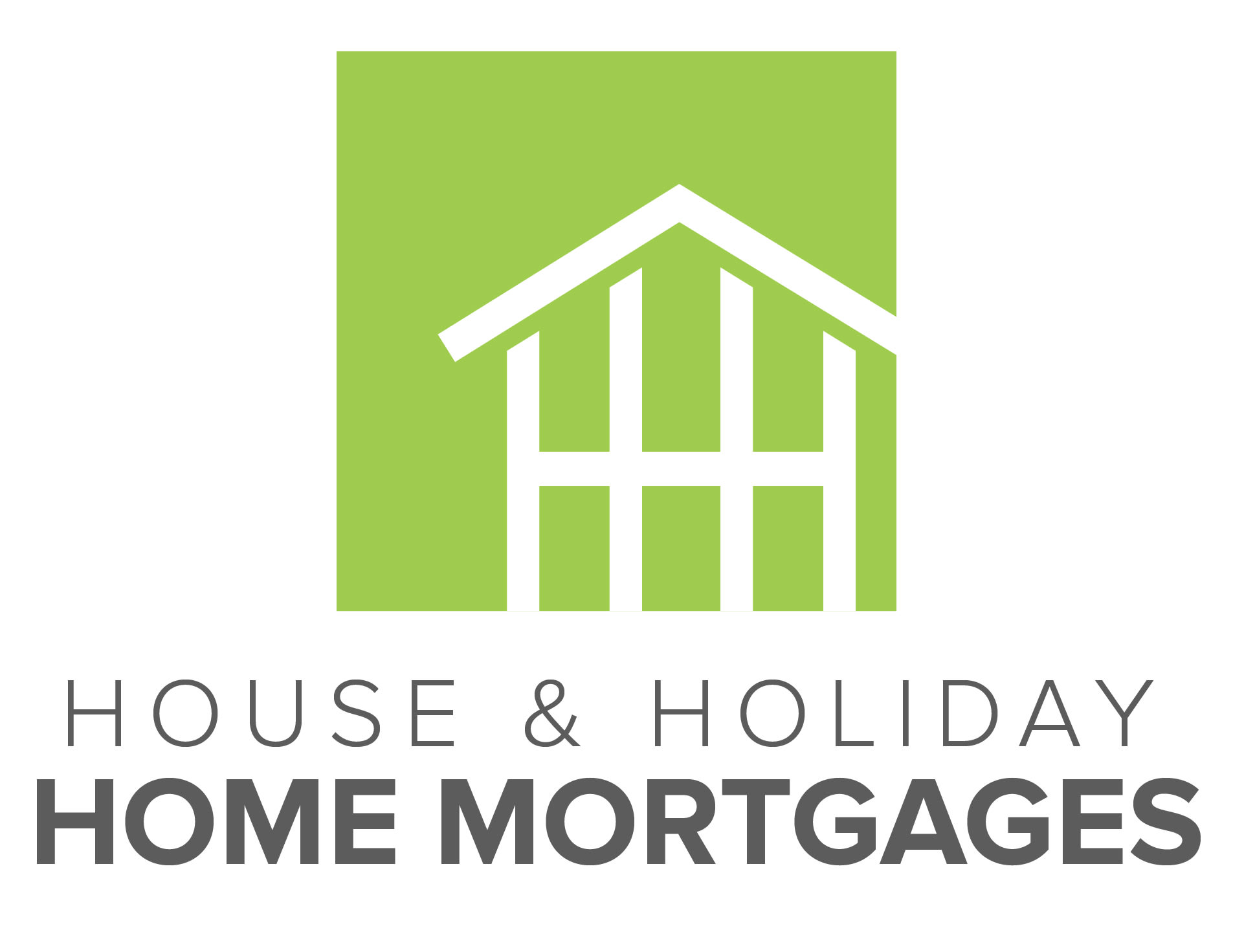Commercial Lending
No hidden fees.
Personal relationship.
Professional advisors.
Flexible appointments.
Book a free call to speak to one of our advisers. We'll talk through your options and see if we can help you realise your dreams.
Speak to UsMortgage and Lending Specialists
Commercial lending enquiries are referred to third parties that may not be authorised by our mortgage network, Mortgage Intelligence. We may receive a commission for the referral and this will be disclosed to you by that third party. Please complete your down due diligence on the third party prior to engaging them.
Commercial lending is the provision of loans to businesses by financial institutions, such as banks, building societies, and specialist lenders.
These kinds of loans can be used for a variety of purposes, such as:
- buying property
- investing in new equipment
- expanding operations.
One type of commercial loan is a commercial mortgage. A commercial mortgage is a loan specifically used to finance the purchase of commercial property.
Commercial mortgages are often secured against the property.
This means the lender can take possession of the property if the borrower defaults on the loan.
A commercial loan is a financial product specifically designed to meet the borrowing needs of businesses and commercial ventures.
It's a form of debt financing allowing companies to secure funds to support various business-related activities like:
- expansion,
- investment in new equipment,
- working capital,
- property purchases.
Commercial loans in the UK are typically offered by banks, financial institutions, or specialised lenders. These loans are structured differently from personal loans and may have specific terms and conditions tailored to meet the unique requirements of businesses.
The terms of the loan, including the interest rate, repayment period, and collateral requirements, vary depending on factors such as the borrower's creditworthiness, the purpose of the loan, and the lender's policies.
Some common types of commercial loans include:
- Business Term Loans
- Commercial Mortgages
- Working Capital Loans
- Equipment Financing
It's important for businesses considering a commercial loan to carefully evaluate their financial needs, assess their ability to repay the loan, and compare different loan offers to find the most suitable option for their specific requirements.
Consulting with financial advisors or loan experts can provide valuable guidance throughout the loan application and decision-making process.

WHAT ARE THE MOST COMMON TYPES OF COMMERCIAL LOANS?
TERM LOANS:
Term loans are the most common type of commercial loan. They’re repaid over a fixed period of time, usually about 1-10 years.
Term loans typically have fixed interest rates, which means that the borrower’s monthly payments will remain the same throughout the life of the loan.
INVOICE FINANCING:
Invoice financing is a type of short-term loan that provides businesses with funding to cover the cost of unpaid invoices.
This can be a good option for businesses needing to improve their cash flow or if they’re waiting for payments from customers.
ASSET-BASED LENDING:
Asset-based lending is a type of loan secured against a business’s assets, such as inventory or equipment.
This can be a good option for businesses having difficulty obtaining traditional loans due to their financial history or lack of collateral.
REVOLVING CREDIT:
Revolving credit is a type of loan that provides businesses with a line of credit they can draw on as needed.
This can be a good option for businesses with fluctuating cash flow or needing to finance seasonal expenses.
LEASE FINANCING:
Lease financing is a type of loan that allows businesses to acquire assets, such as equipment, without having to make a down payment.
The borrower makes monthly payments to the lender over a fixed period of time. At the end of the lease term, they have the option to purchase the asset for a predetermined price.
WHAT FACTORS DO LENDERS CONSIDER WHEN APPROVING A COMMERCIAL LOAN?
To be eligible for a commercial loan, lenders will consider a number of factors when approving a commercial loan, including:
- Your credit history: Lenders want to see the borrower has a good credit history and they’ve been able to make their payments on time in the past.
- Your financial statements: Lenders will want to see that the borrower’s business is profitable and that they have a positive cash flow.
- Purpose of the loan: Lenders will want to know what the borrower plans to use the loan for and whether or not the loan is a good investment.
- The amount of money needed: Lenders will want to make sure the borrower can afford to repay the loan, including the interest and fees.
- Repayment terms: Lenders will want to agree on terms that are fair to both the borrower and the lender.
- The property being financed: If you’re looking to finance a property commercially, lenders will assess the value of the property plus the borrower’s ability to repay the loan if the property is sold.


WHAT ARE THE TERMS AND CONDITIONS OF COMMERCIAL LOANS?
The terms and conditions of commercial loans can vary depending on:
- the lender
- the borrower’s financial situation
- the type of loan.
As with any financial product, it’s important to read the loan agreement carefully before signing it.
Some of the most common terms and conditions of commercial loans include:
- Interest rate: The interest rate is the cost of borrowing money. It is expressed as a percentage of the principal amount of the loan.
- Loan term: The loan term is the length of time that the borrower has to repay the loan.
- Repayment schedule: The repayment schedule is the way in you’re going to repay the loan. It typically specifies the amount of the monthly payments and when they are due.
- Collateral: Collateral is property that the borrower pledges to the lender in case they default on the loan. If the borrower defaults, the lender can take possession of the collateral and sell it to recover their losses.
- Prepayment penalty: A prepayment penalty is a fee you may have to pay if they repay the loan early.
WHAT ARE THE RISKS OF COMMERCIAL LENDING?
There are a number of risks associated with commercial lending, including:
- The borrower defaulting on the loan: If the borrower defaults on the loan, the lender may take possession of the collateral or sue the borrower for repayment.
- The borrower’s business failing: If the borrower’s business fails, the borrower may be unable to repay the loan. This can happen for a number of reasons, such as economic downturn, changes in the industry, or competition from other businesses.
If you’re thinking about commercial lending, you can talk through all the details with one of our advisors.
Commercial lending enquiries are referred to third parties that may not be authorised by our mortgage network, Mortgage Intelligence. We may receive a commission for the referral and this will be disclosed to you by that third party. Please complete your down due diligence on the third party prior to engaging them.

How we can help you
As with any financial decision in your life, you need to talk to someone you can trust. Someone who listen carefully, answer all your questions, and go through all the details with you. Our passion is helping people find the right deal for them, and giving trustworthy advice that puts your situation, goals, needs, and interests front and centre.
Our most frequently asked questions
Here are a few of the most common questions people ask. If you’ve got any more, get in touch.
Is commercial lending regulated in the UK?
Commercial lending typically falls outside UK regulations. However, many lenders in this niche, sign up to the Lending Standard Board's Standards of Lending Practice for business customers.
Can I get a commercial remortgage?
You can. A commercial remortgage is often used to refinance a commercial property.
Some people use a commercial remortgage to buy additional property or increase their commercial assets.
What is a commercial bridge loan?
Commercial bridge loans are a specific kind of short-term commercial loans.
It can be used as a fast solution when a borrower needs a commercial loan quickly.
They have a higher risk than other types and that often affects the interest rates, although eligabilty criteria depend on the borrower's situation and whatever terms are negotiated with the lender.

We're here to help
Call our mortgage experts today on
01453 887179
Alternatively, complete the form and someone will get back to you.

